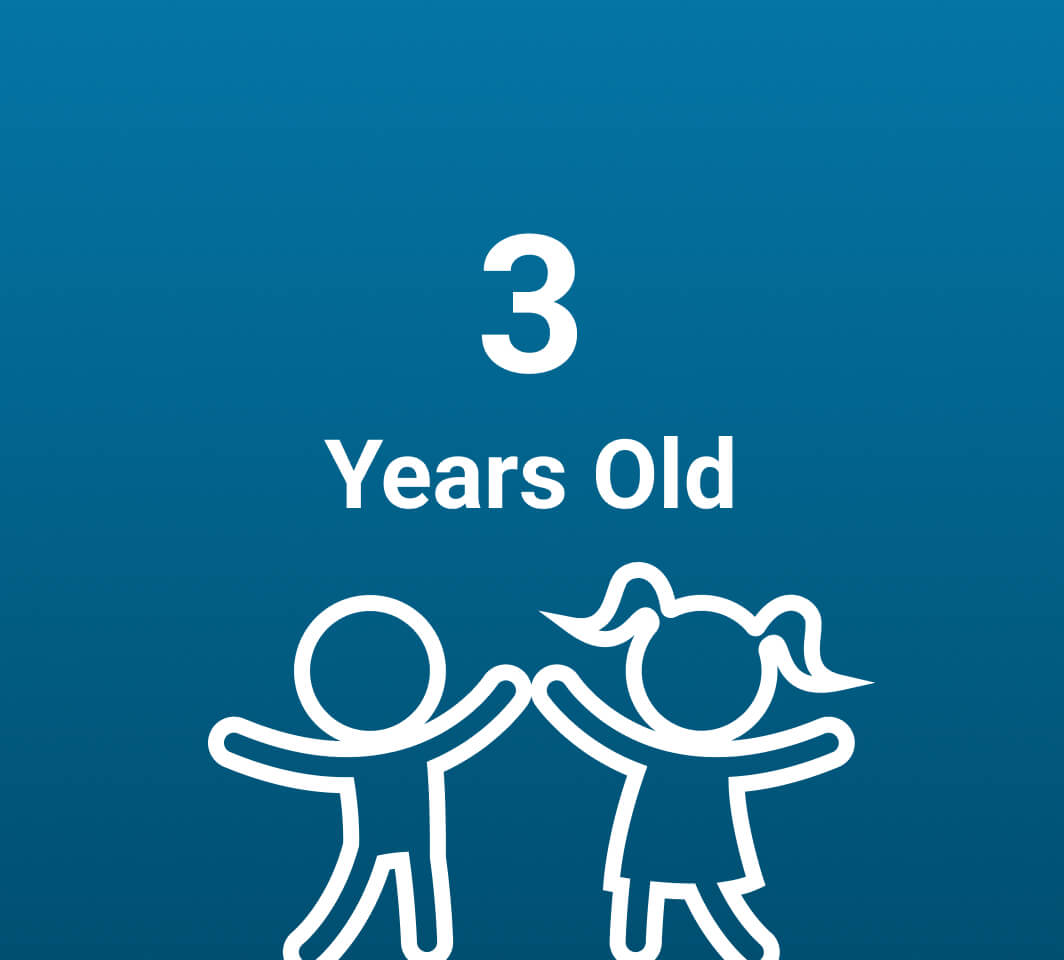What Can Your Little One Eat Now?
Did you know your child’s diet can shape their emotional well-being? Give your child the brain-building nutrients they need for learning, mood and more. But, what does optimal nutrition for kids look like? Here are some best practices to consider when crafting a nutritious diet for your child, so they stand to benefit from all the cognitive and energy benefits that come with eating right.
Childhood is a period of many firsts, yes, but it’s also prime time for tremendous brain growth. So much so, that without the right brain foods on their plate, your child may fall behind in their development. In the first two to three years of life, brain growth is fast and furious, making nutrition critical for cognitive development. In fact, research shows that 2-year-olds with stunted growth may have learning difficulties that can linger into their teen years.
If you’re concerned that your child hasn’t been getting the nutrition that they need for growth and brain development, research shows that it’s possible to catch up. When a child will only eat certain foods or is refusing meals, there can be a lot of stress that affects the whole family dynamic in negative ways. Be sure to talk to a paediatrician about any eating or growth concerns you have.


